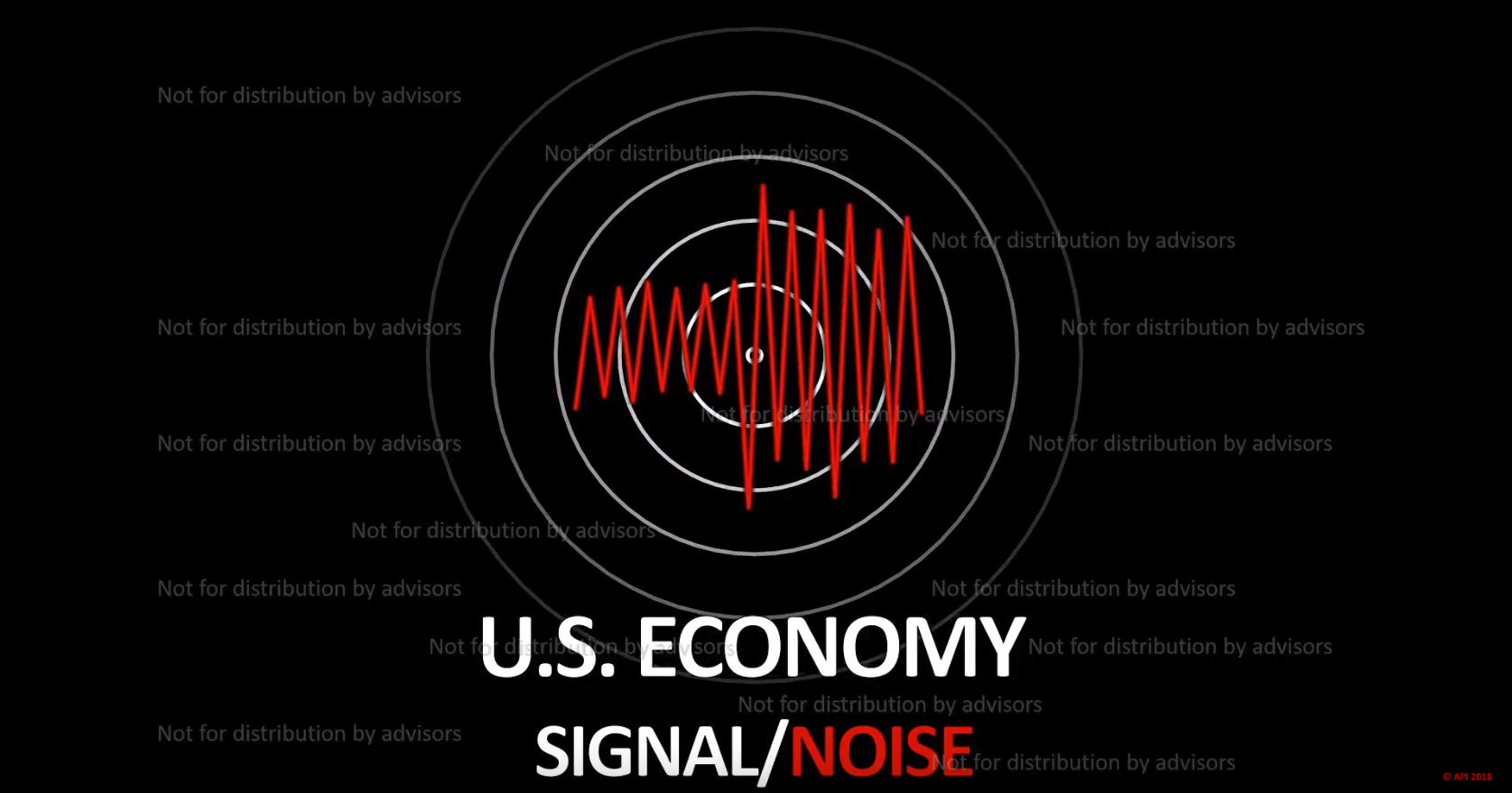Is Open Architecture Really The Answer To Fiduciary Questions? Hot
Nice summary of a white paper on Citi's OpenWealth program in Financial Planning, taking the point of view that automation and account aggregation help fiduciaries do their jobs.
Platforms like OpenWealth are often sold as a way for advisors to get a 360-degree perspective on client finances.
That makes sure that nothing gets missed. Retirement accounts are brought into the overall household allocation and the entire portfolio is automatically optimized from a tax perspective.
However, the platform can only point out positions that break the client's investment policy statement. Ultimate responsibility for monitoring the platform and its "suggestions" still resides with the advisor.
Technology can help make it easier to perform up to a fiduciary standard, but it can't do the whole job. That burden is not going away, no matter how much computing power advisors throw at the problem.
What programs like this can do is eliminate routine tasks and the associated costs. Streamlining the amount of human intervention required helps keep the job managable -- or at least not quite so overwhelming.
And with a better strategic view of all the assets, advisors can avoid making the well-intentioned mistakes that now happen all the time.
That can't help but incrementally enhance long-term performance as trading, commission, and tax drag decrease.
Meanwhile, of course, advisors who can trust their platform can divert more of their attention to the tasks that only they can do: working with clients and bringing in new ones.









